This February, as we honor Black History Month, we were thrilled to experience a powerful cultural presentation by Ms. Tamara Mobley and her talented group of drummers. Their performance highlighted the rich heritage of Guinea, West Africa, through the vibrant and energetic dance called Dun-Dun-Ba, a powerful expression of strength and endurance.
The Significance of Black History Month
Black History Month is a time dedicated to recognizing and celebrating the contributions, struggles, and achievements of Black people throughout history. It serves as an opportunity to reflect on the profound impact that Black communities have had on culture, art, politics, and society across the globe. This observance encourages us to honor the rich diversity of African heritage and to learn more about the historical figures and traditions that have shaped the world.
Ms. Tamara Mobley and the Dance of Strength: Dun-Dun-Ba
Ms. Mobley’s performance with her drummers provided an authentic and engaging experience of West African culture. The dance she demonstrated, Dun-Dun-Ba, originates from the Baga people of Guinea. This dance is not just an artistic performance; it holds deep cultural significance. The Baga people believe that through this dance, they can channel strength and endurance — attributes they see as essential to their way of life. Dun-Dun-Ba is a dance that reflects the power of unity and resilience, often performed to celebrate accomplishments and mark important events in the community.
The movements of Dun-Dun-Ba are powerful, showcasing the physical endurance of those who perform it. The drummers’ rhythms accompany the dancers, creating a dynamic and energetic environment that symbolizes the connection between the body and spirit. The dance is an embodiment of the Baga people’s belief that their strength is so immense that they can lift trees from the earth, emphasizing the connection between their cultural identity and the power they draw from the land.
A Brief History of Guinea and the Meaning of Its Name
Guinea, located in West Africa, is a country rich in history and diverse in its culture. Historically, Guinea has been a central hub for various ethnic groups, each contributing to the country’s vibrant heritage. Guinea’s people speak more than 20 languages, with each community holding its own unique traditions, music, and dance styles.
The name Guinea itself has an interesting history. The term is thought to have originated from the Portuguese word Guiné, which was used to describe the area of West Africa that included present-day Guinea, Guinea-Bissau, and parts of Senegal and Sierra Leone. The name is believed to have derived from the Berber word agenou, meaning “black” or “land of the blacks,” referring to the African peoples of the region.
Guinea’s history is marked by its resilience, especially during colonial times and its fight for independence. The country gained independence from France in 1958 and has since worked to preserve its cultural traditions while facing the challenges of modernity.
A Call to Honor African Heritage and Strength
As we continue to celebrate Black History Month, performances like those by Ms. Tamara Mobley and her drummers remind us of the importance of embracing cultural diversity and appreciating the richness of African heritage. The dance Dun-Dun-Ba is a testament to the strength, endurance, and unity that are central to many African traditions.
Ms. Mobley’s passionate demonstration of the dance and her insightful storytelling created an unforgettable experience for everyone involved. It’s through moments like these that we can truly understand the deeper significance of Black History Month — a time to connect with history, celebrate culture, and honor the legacy of those who came before us.





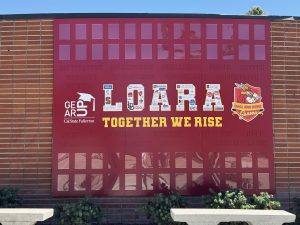

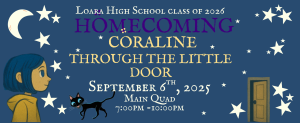



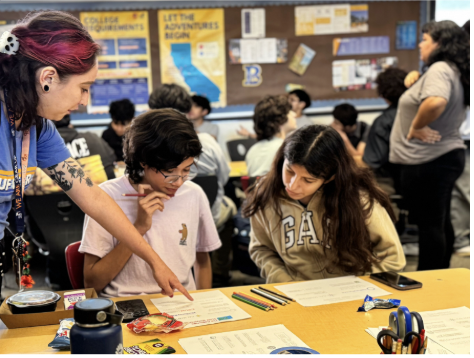


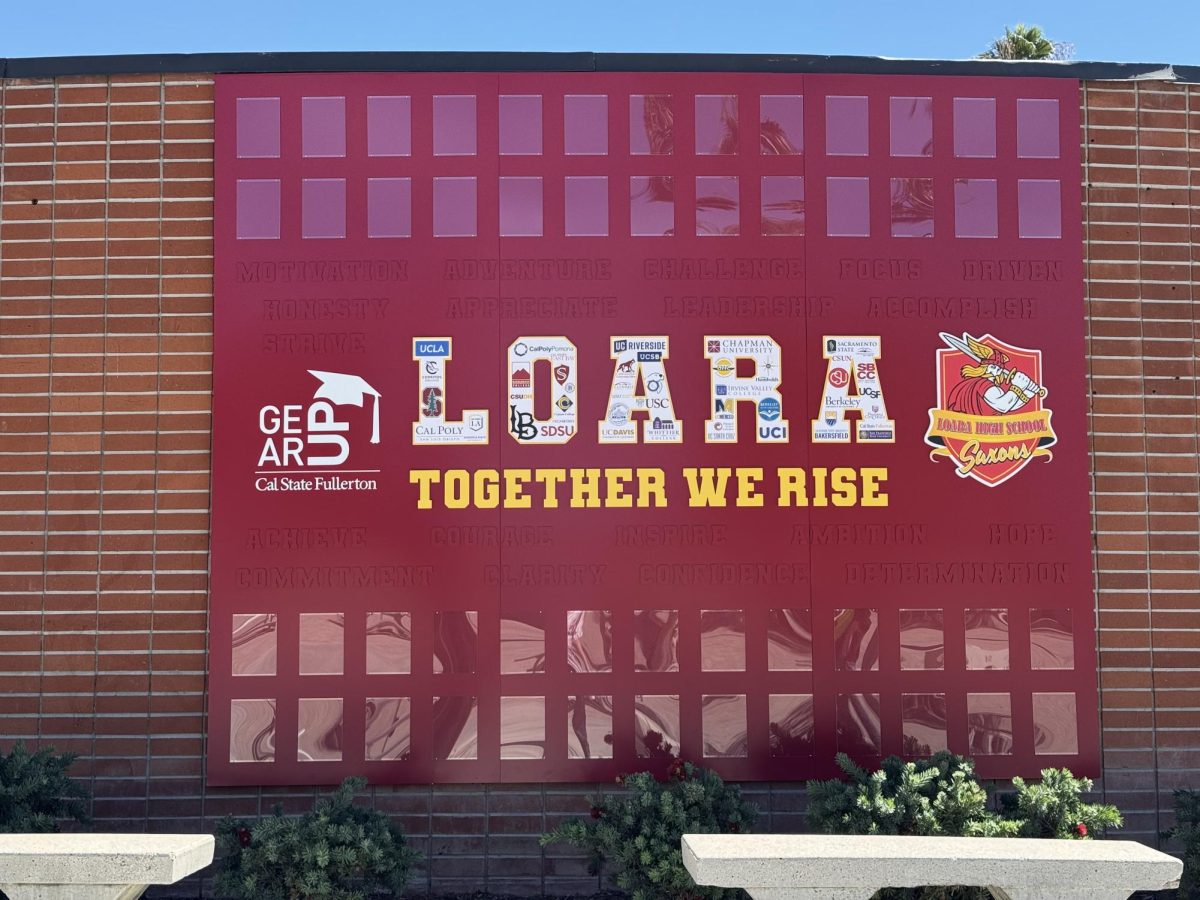

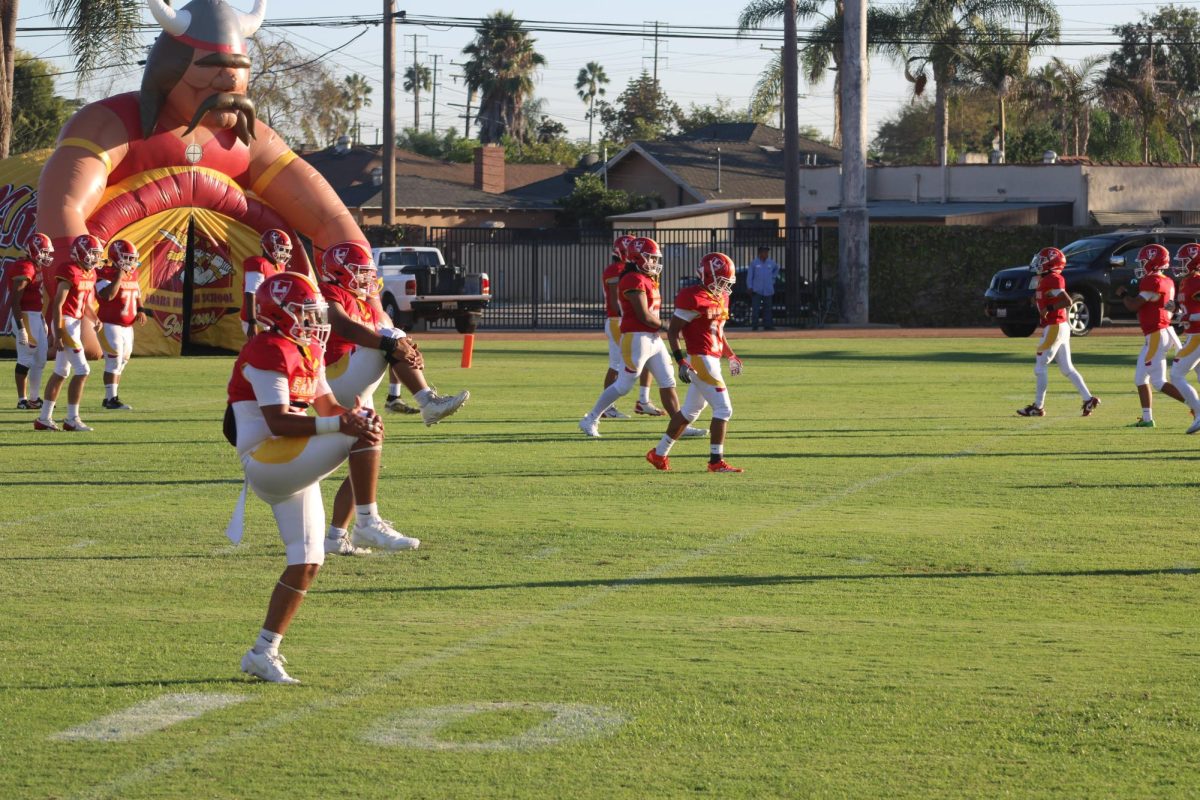
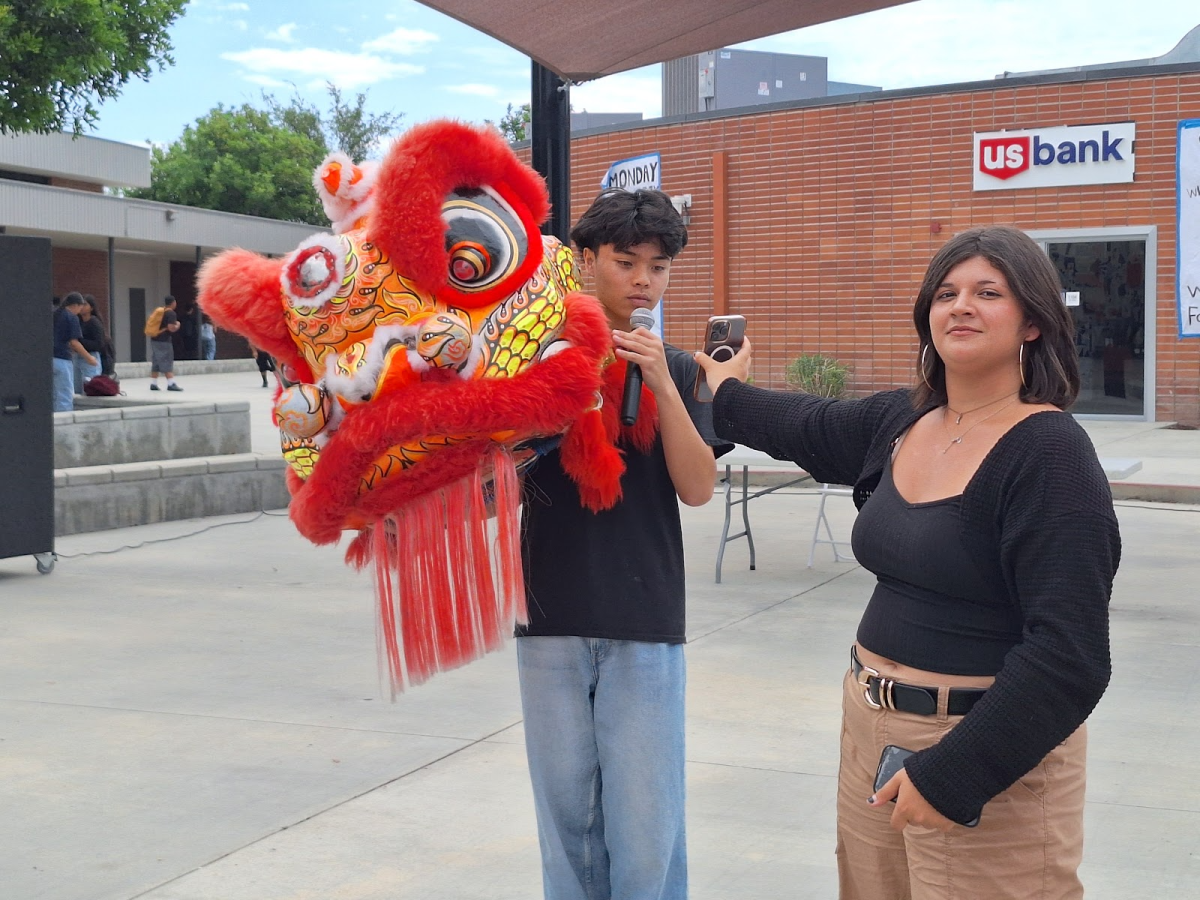


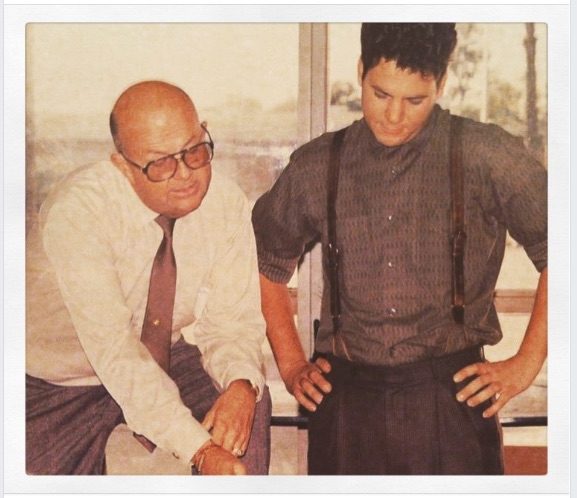
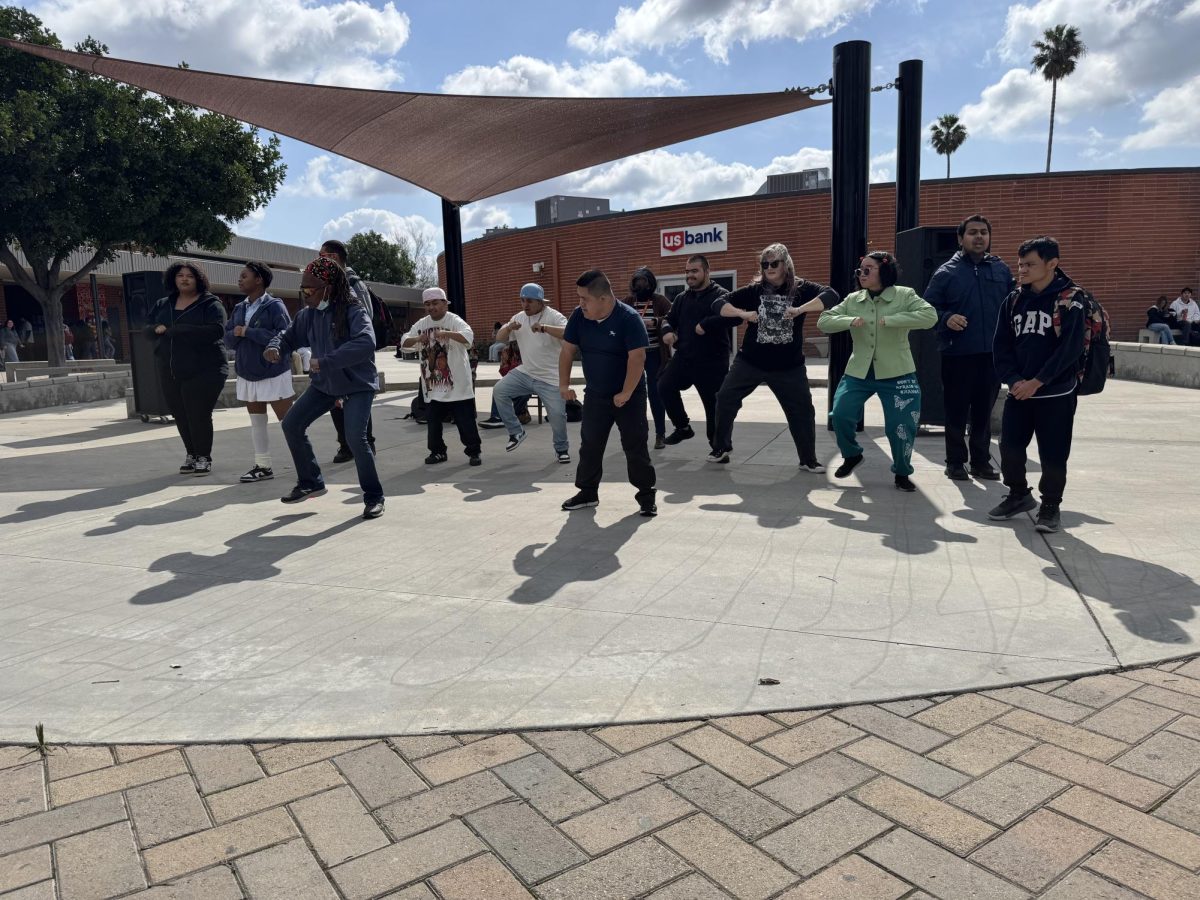

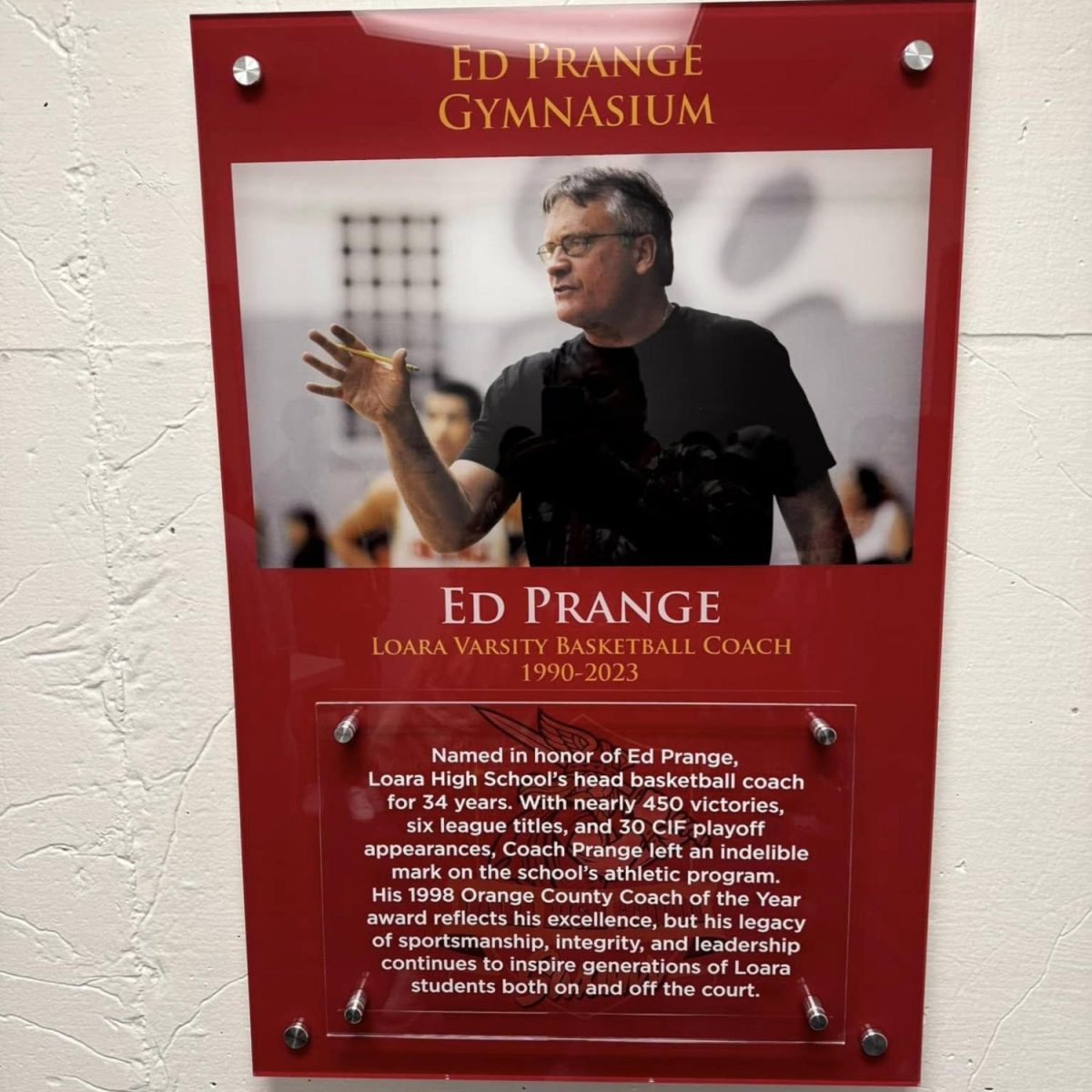
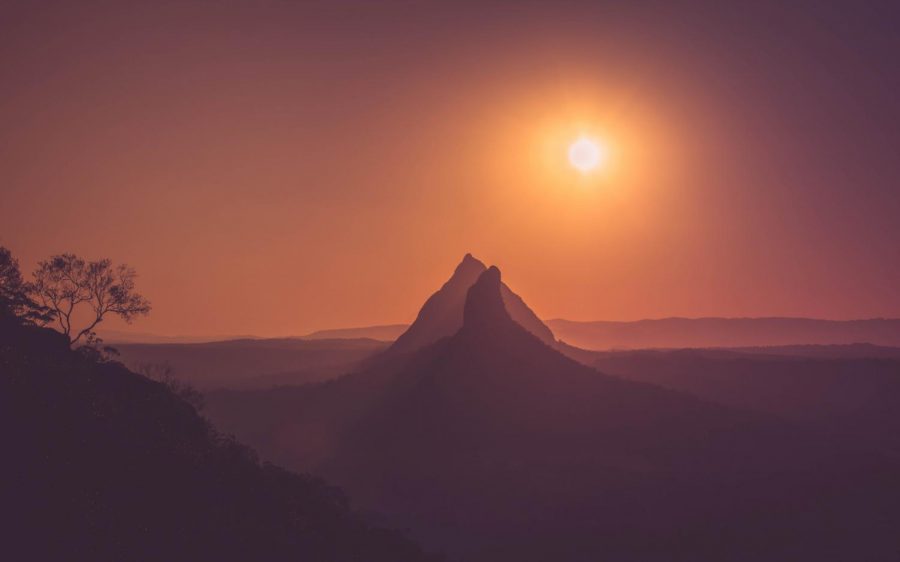
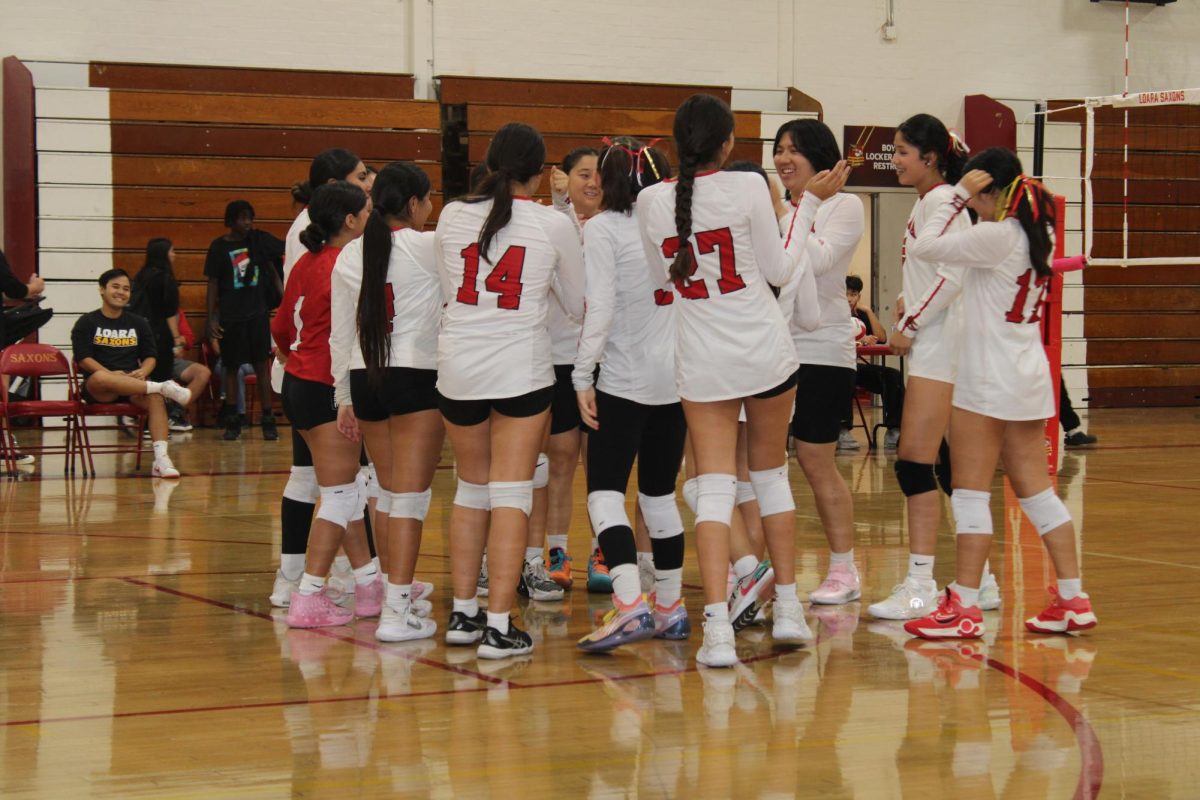



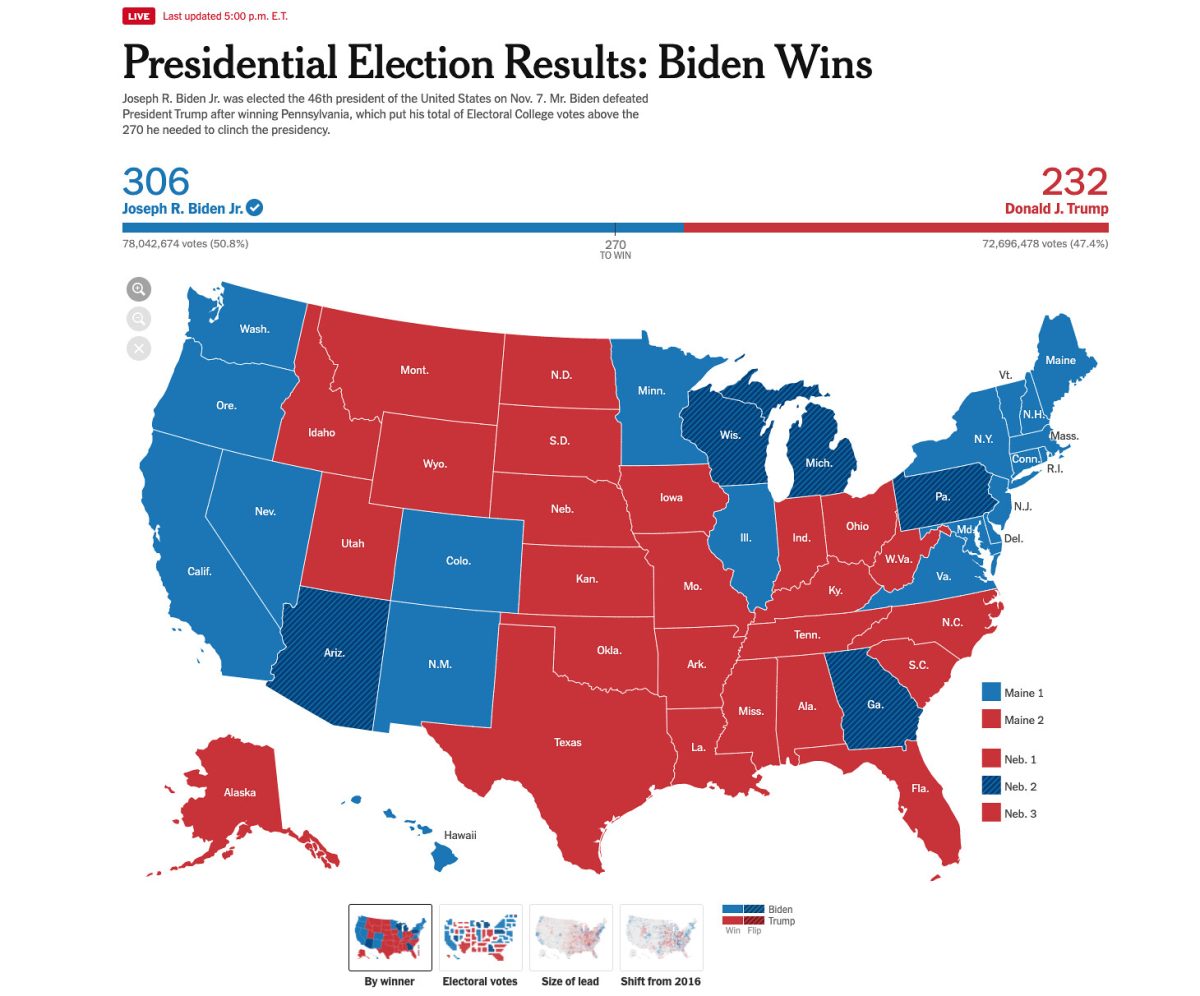


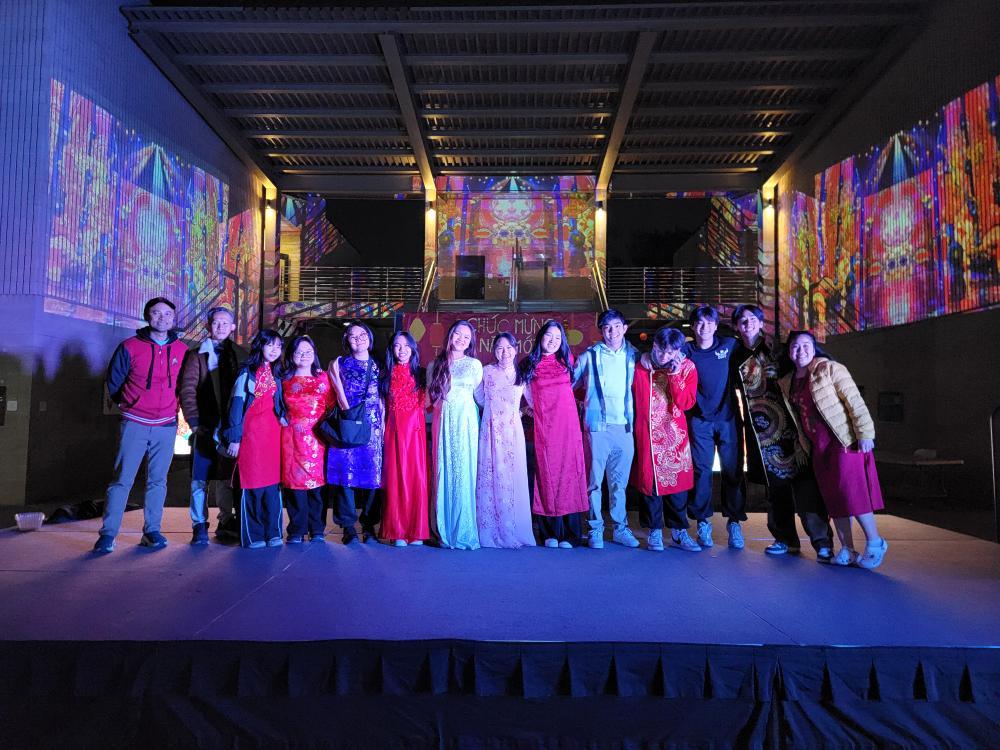

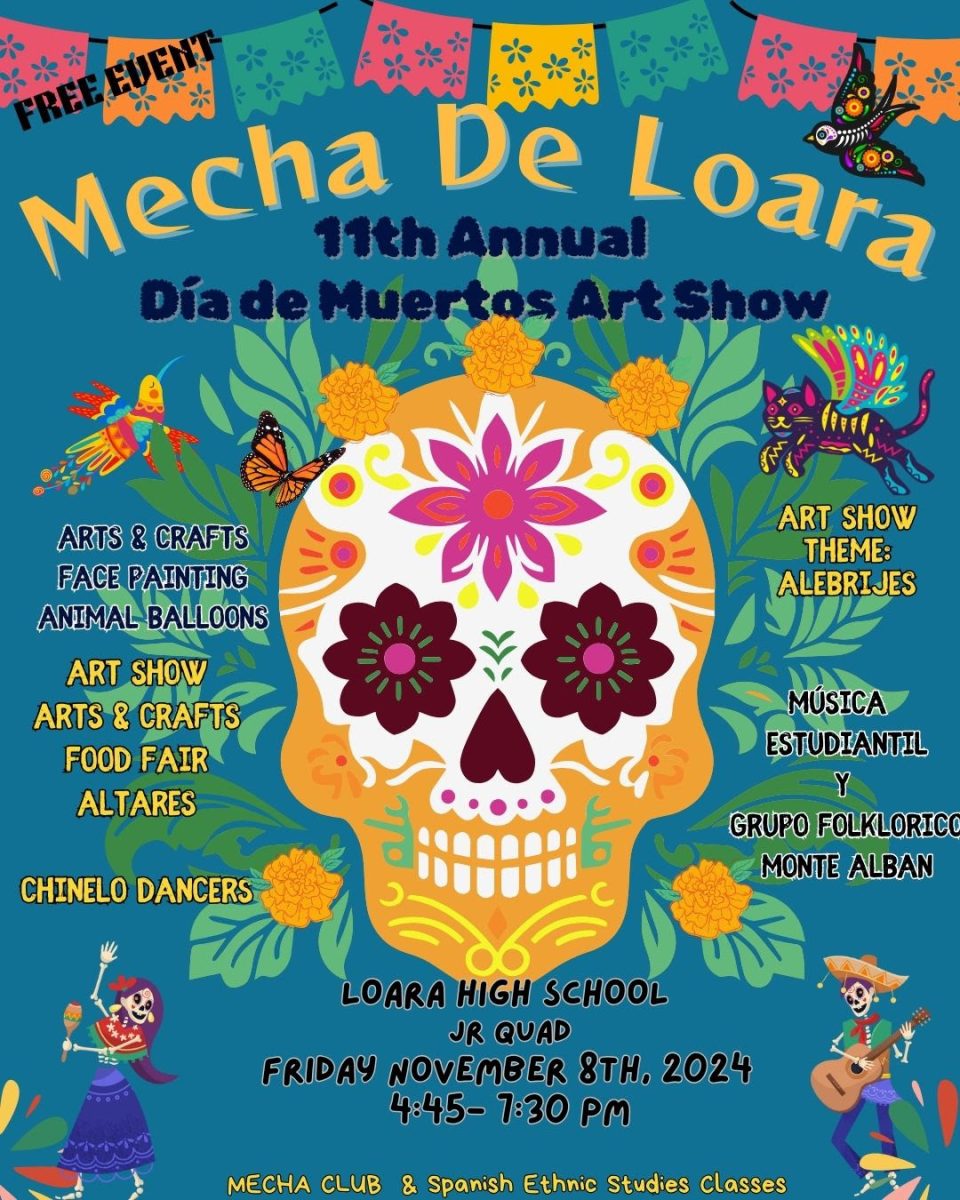
Pearl Ta • Feb 11, 2025 at 10:08 pm
I also recommend the BSU club at Loara! They are looking for board members if you guys are interested. Let me know if you are!
Chylinski • Feb 13, 2025 at 9:15 am
Great shout out Pearl